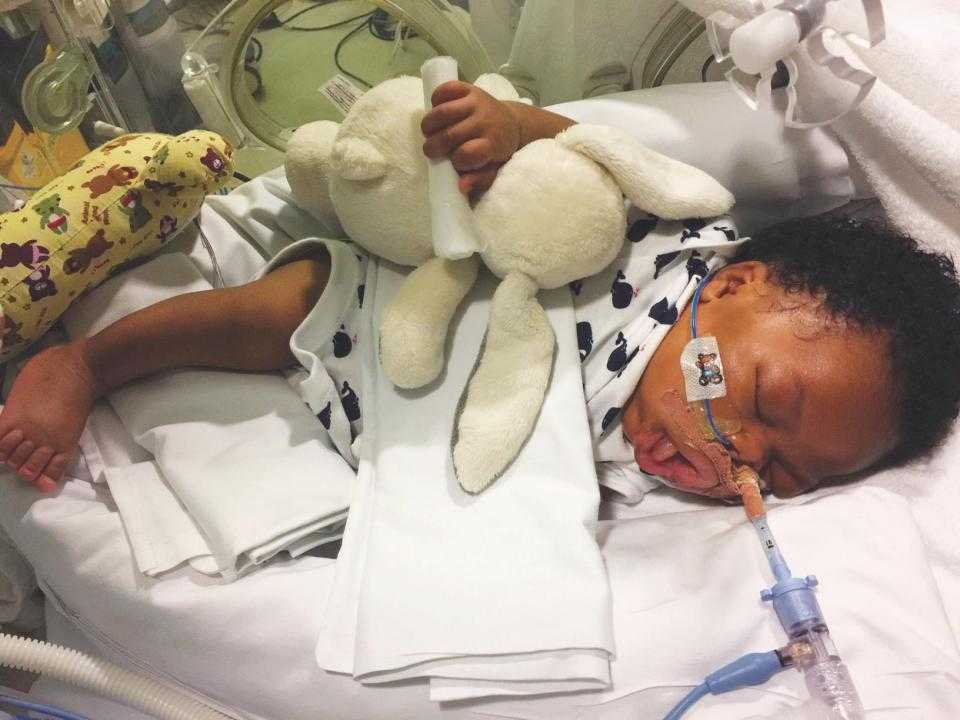UK Mother Fighting for Infant Son With Brain Damage Says it Is for God, Not Man, to Decide When He Dies

LONDON — The mother of an 11-month-old infant in the UK who suffered brain damage from a lack of oxygen at birth is fighting for the right to keep his life support connected, and says that her son should not be considered a hopeless case.
“Don’t just give up on him and say it’s a hopeless case, because many children have been born in Isaiah’s similar case and their parents didn’t give up on them either,” Takesha Thomas, 36, told Sky News. “And with love, that’s one thing I know: give a child love and they will thrive. It doesn’t matter what condition they are, just give them love. And that’s what everyone needs.”
Thomas’ son, Isaiah, is at the center of a case before the High Court in London, as doctors at King’s College Hospital believe that it is “futile, burdensome and not in [Isaiah’s] best interests” to continue treatment. According to the Times & Star, the court was told that Isaiah has a low level of consciousness, does not respond to stimulation and cannot breathe on his own.
“[He has] no smile, no perceived movement, no way that anyone can tell whether he is expressing any emotional connection,” one specialist testified to Justice Alistair MacDonald. “There is definitely an emotional connection from mother to baby, but whether there is an emotional connection from Isaiah to mother, I don’t know how you would ever be able to establish that.”
But Thomas, while acknowledging that her son is significantly disabled, says that the child is responsive to her touch and voice.
“When I take him out for cuddles, when I sing to him, when I rock, he feels sleepy in my arms,” she told the court. “When I speak to him, he will respond slowly by opening one eye.”
Thomas, who identifies as a Pentecostal, further says that it is not up to man to say that a person’s life is so “poor” that it is not worth living.
“For me, I don’t think it is right to say who should live or who should die,” she remarked. “If God wants to take the person, He will.”
The hearing is expected to conclude this week. Justice MacDonald has prohibited the identities of the medical personnel involved with the case from being identified.
Thomas would like to eventually take her son home as she is willing to provide 24-hour care.
“I don’t know how they come to that conclusion (that the child’s level of quality of life was not worth continuing treatment),” she stated. “I see a child that is injured. He needs love. He needs care, and I have it and can give it.”
The case is similar to the last year’s court battle surrounding 10-month-old Charlie Gard, whose parents wanted to transport him to the U.S. for experimental treatment. Gard, who suffered from mitochondrial DNA depletion syndrome, died in late July after his parents gave up the fight in seeing that their son’s condition had deteriorated, since too much time had passed in dealing with the hospital and the courts.







Comments are closed.